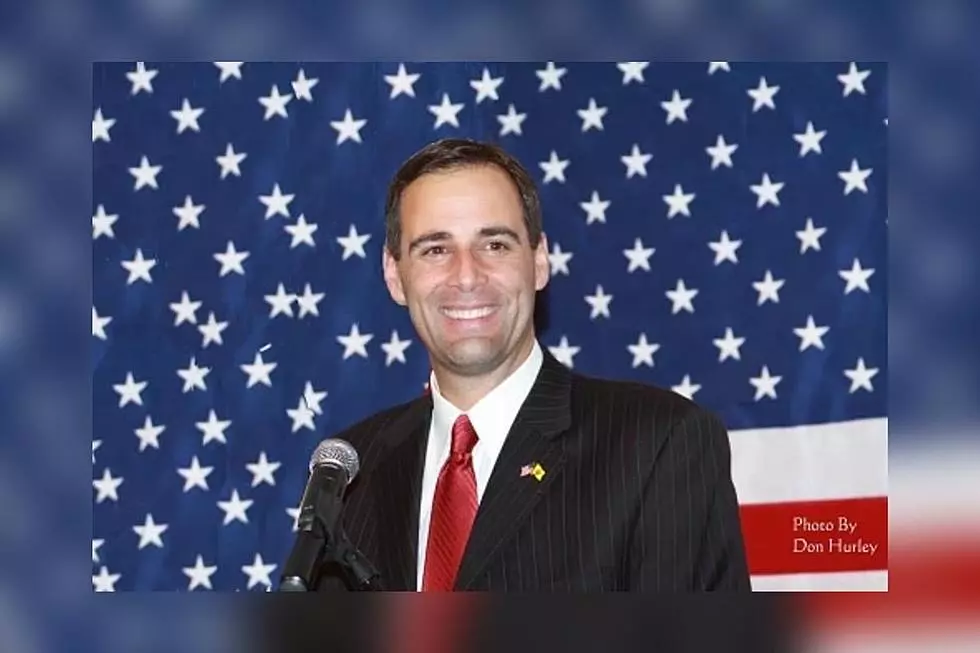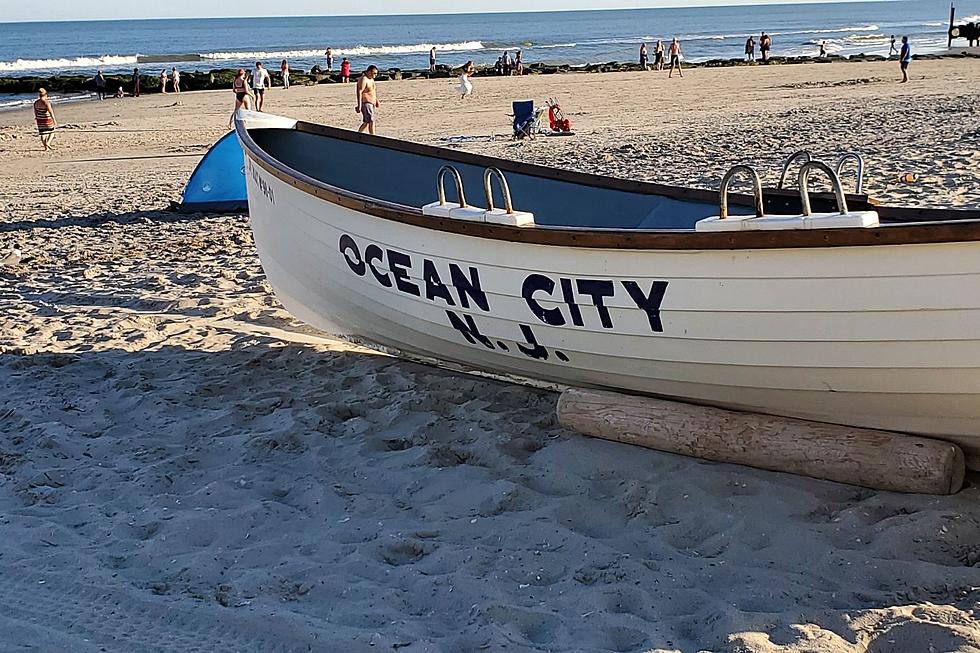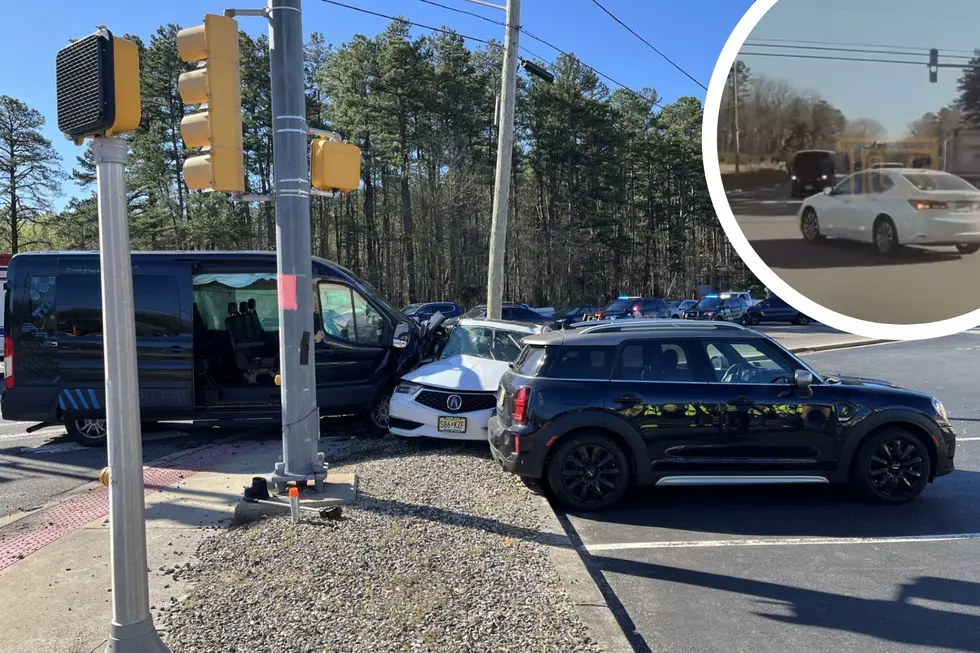
NJ Implementing Universal Health Care Coverage for Children, Including Unauthorized
A bill signed into law earlier this summer by Gov. Phil Murphy creates a system of universal health care coverage for tens of thousands of New Jersey children, including unauthorized citizens.
Now, the state and partner entities are working to get the word out, so that families who consider coverage to be too costly know that there's a new route to take.
"A lot of the families with uninsured kids aren't necessarily savvy about the complexities of the U.S. health system and what their kids may be eligible for, and reaching them is a real challenge," said Joel Cantor, director of the Rutgers Center for State Health Policy.
The center, which helped inform the bill that became a law in late June, is working with the state to implement the law.

With the signing, New Jersey became the seventh state in the nation to create universal health care insurance coverage for children.
The law eliminates waiting periods for many families and premiums for families under a certain income threshold in order to expand children's access to New Jersey Medicaid, also known as the NJ FamilyCare program. At the same time, families earning more than 350% of the federal poverty level can purchase state coverage for their children at cost. Premiums still apply for the higher-income families who are eligible for help through the law.
Before the coronavirus pandemic, the center analyzed data and discovered that more than 88,000 New Jersey children did not have health insurance.
"This group of uninsured children is enormously diverse in terms of race and ethnicity," Cantor said.
Nearly 75% of uninsured children are U.S. citizens, according to the center. Twenty-one percent have at least one non-citizen parent.
The center found that 78% of uninsured children have income levels that could earn them coverage at no cost to families.
"It will take some time to ramp up coverage for kids," Cantor said.
The law directs the Department of Human Services to implement additional targeted outreach initiatives to increase enrollment.
Census 2020: The 20 biggest places in New Jersey
READ MORE: What's in the infrastructure package for New Jersey?
More From WPG Talk Radio 95.5 FM










